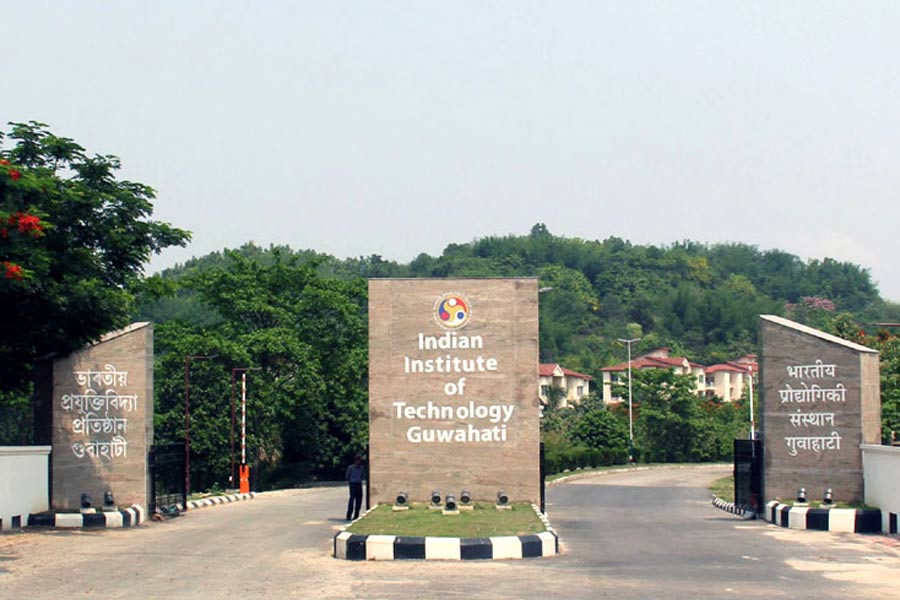The Indian Institute of Technology (IIT) Guwahati, in collaboration with HDFC Parivartan—the CSR arm of HDFC Bank—has launched three technology-driven interventions to support the sustainable development of the agriculture sector in Assam and Meghalaya.
These initiatives aim to enhance food and energy security, increase farmers’ income, build capacity among thousands of farmers, and promote sustainable agribusiness models, IIT Guwahati said in a statement on Thursday.
The projects are being implemented under the Focused Development Program: Enhancing Agriculture & Residue-Based Enterprises via Community Organizations and hosted by the School of Agro and Rural Technology (SART), IIT Guwahati.
“These transformative projects are generously supported by HDFC Bank through its CSR initiative, HDFC Parivartan, enabling collaboration with grassroots organisations and key stakeholders to maximise impact,” the statement added.
Dr Siddhartha Singha, Project Coordinator and Assistant Professor at SART, said, “These three technology-led development projects can offer sustainable rural livelihoods and serve as model initiatives aligned with multiple United Nations Sustainable Development Goals, such as ending hunger, ensuring food security, and promoting inclusive economic growth and decent work.”
The three key interventions are:
Biomass Pellet Production Unit (Meghalaya):
Set up in Umnowe village, Ribhoi district, in collaboration with the University of Science and Technology Meghalaya (USTM), this unit processes agricultural and other local biomass into fuel pellets. These eco-friendly pellets serve as a sustainable alternative to wood and coal for industrial and household use, helping reduce carbon emissions and fossil fuel dependence.
Agrivoltaic Farming and Tea Processing (Assam):
Located in Hailakandi district, this project demonstrates the dual use of farmland for agriculture and solar power generation. Medicinal herbs are cultivated under a 50-kilowatt solar panel system, which provides partial shade conducive to growing high-value crops. The initiative reduces farming risk while also generating clean energy.
A solar-powered tea blending and processing unit has also been established as part of the project. Operated by a Farmer Producer Company (FPC) with over 1,000 members, it enhances the market value of local tea, boosts farmer income, and builds capacity in herbal beverage processing.
Freeze Drying & Herbal Processing Facility (IIT Guwahati):
This facility focuses on value addition for fruits, medicinal plants, and farm produce through freeze-drying technology. The method helps retain nutritional content, flavour, and texture, while extending shelf life, making the produce suitable for high-end domestic and export markets.
Community outreach
The initiative also supports the formation of Self-Help Groups (SHGs) and cooperative societies across Assam and Meghalaya to promote community-driven agribusiness models. The overall programme is expected to impact around 300 farmers, while encouraging the consumption and commercialisation of healthy, natural food products.










